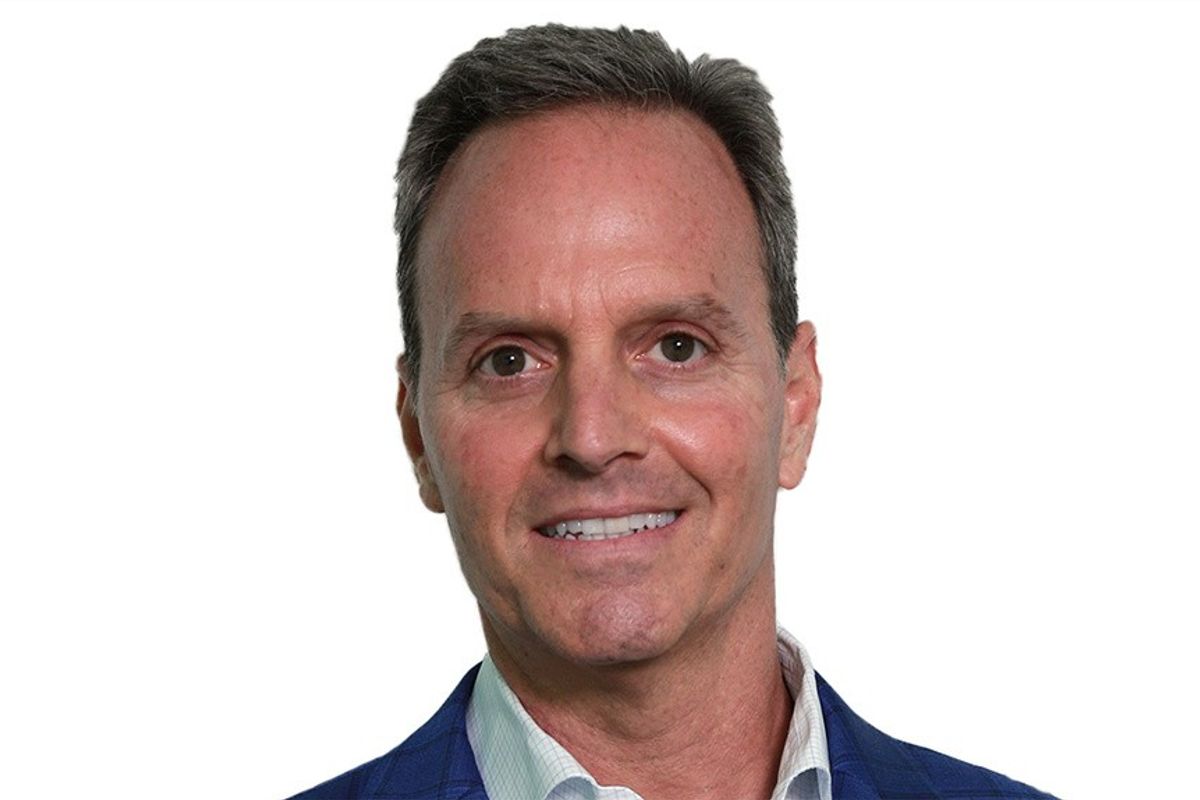Tropicana Brands Group, a recently formed joint venture between PAI Partners and PepsiCo, has announced the appointment of Glen Walter as chief executive officer, effective March 2, 2022.
The joint venture was formed following PAI’s acquisition of Tropicana, Naked, KeVita, Izze and other select juice brands. The acquisition, which closed at the end of January, gives PAI a controlling stake in the company.
“We are excited to welcome Glen as CEO of Tropicana Brands Group,” said Frédéric Stévenin, a Managing Partner at PAI. “He is joining an already exceptional leadership team following a rigorous selection process. Tropicana Brands Group is a great addition to our portfolio, as we believe there is strong potential for innovation in the growing, fresh, natural category, and look forward to overseeing this growth alongside PepsiCo.”
Walter joins Tropicana from Mondelez International, where he was executive vice president, and president, North America from 2017-2022, delivering four consecutive years of sustainable, profitable growth.
He has a 30-year track record, working across functions in the global food and beverage industry. Prior to joining Mondelez, he held a variety of positions increasing in responsibility at the Coca-Cola Company, including as as president and chief operating officer for Coca-Cola in North America and chief executive of Coca-Cola Industries China.
Prior to his time at Coca-Cola, Walter served as president of InBevUSA and general manager at Pearce Beverage Company. He started his career in sales and marketing at EJ Gallo Winery.
“I am thrilled to be leading Tropicana Brands Group at this pivotal time working alongside the existing team that has built great momentum for these storied and iconic brands,” Walter said. “I look forward to hitting the ground running, and developing and executing our growth plans with our retail partners, customers, and suppliers.”
“We are excited to partner with PAI on this joint venture,” said Ramon Laguarta, chairman and CEO of PepsiCo. “PAI brings a consistently strong track record of value creation in the global food & beverage industry, and Glen’s background is a perfect fit for the Company as it embarks on its next chapter. We are proud to provide continued support to these iconic, internationally recognized brands, and are confident that Glen will be a tremendous steward of them.”


